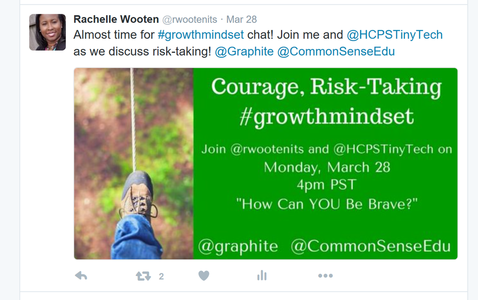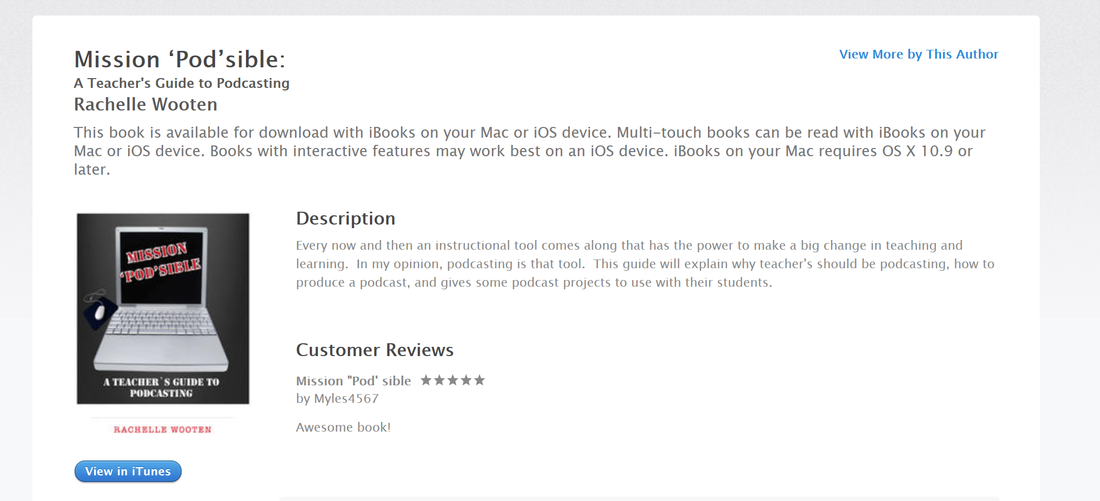I've always been a curious one. Problem is growing up that was always seen as being nosy. I just wanted to know what was going on. Often times when my parents would give us directives, I'd wonder "why am I doing this?". But I couldn't answer that question because my parents had a "because I said so" paradigm that meant I was not free to challenge their ideas or to ask why?
Since I've become an adult, I've realized there is great value in being curious. I especially know this to be true in my role as an educator. Now this doesn't mean that it has kept me out of challenging situations. As I've learned that even as adult, not everyone is ok with me asking "why are we doing this?". Still, that's the same question that has motivated me to speak up and challenge the status quo when a process clearly is not working. Our convocation speaker put it this way, "When your horse dies, dismount." It sounds simple but it's so hard when broken systems have been the modus operandi. Asking the "why?" question has made me stand out among my colleagues as "the idea girl". Whenever they are looking for a creative, fresh idea they will come to me. That curious spirit, has driven me to participate in action research projects, share lessons learned with other educators at a variety of conferences and to persevere when it came to publishing my iBook, Mission 'Pod'sible: A Teacher's Guide to Podcasting.
Since I've become an adult, I've realized there is great value in being curious. I especially know this to be true in my role as an educator. Now this doesn't mean that it has kept me out of challenging situations. As I've learned that even as adult, not everyone is ok with me asking "why are we doing this?". Still, that's the same question that has motivated me to speak up and challenge the status quo when a process clearly is not working. Our convocation speaker put it this way, "When your horse dies, dismount." It sounds simple but it's so hard when broken systems have been the modus operandi. Asking the "why?" question has made me stand out among my colleagues as "the idea girl". Whenever they are looking for a creative, fresh idea they will come to me. That curious spirit, has driven me to participate in action research projects, share lessons learned with other educators at a variety of conferences and to persevere when it came to publishing my iBook, Mission 'Pod'sible: A Teacher's Guide to Podcasting.
Asking why has helped me to make sense out of the clutter of ideas that may flood my mind. It has also helped me to be comfortable in my own skin- weaknesses and all. For example, I will admit that I am not the most structured learner but I thrive in systems-oriented environments that still give me the freedom and flexibility to be creative and innovative within the scope of my role. See in that freedom to be creative and develop mastery, I have helped develop systems for mentoring new Digital Learning Specialists. I've played an instrumental role in creating new professional learning models in our district. And, I've been given the freedom to design and facilitate our first completely online summer professional learning course. The system alone is not the solution, I still need to know why. When I know why, I can determine for myself if I want to join that bandwagon or confidently stand alone. Believe me, I've definitely been on both sides. But in the end, the decisions I've made have always led me back to another why question: "why can't learning be more meaningful and fun?" This question led me to my learning philosophy.
I started developing this new philosophy several years ago, when I was still back in the classroom teaching Speech and Debate. One of our units of study was "Interview Skills". So I asked myself, "why not bring real people into our learning environment to conduct a mock interview with my students?" The students loved being able to sit with someone that wasn't me to answer potential job interview questions. The interviewers loved interacting and learning more about the students! It was a win-win and it was a real-world learning experience for them. Just by asking why or why not, it led to an annual event and some repeat interviewers!
I started developing this new philosophy several years ago, when I was still back in the classroom teaching Speech and Debate. One of our units of study was "Interview Skills". So I asked myself, "why not bring real people into our learning environment to conduct a mock interview with my students?" The students loved being able to sit with someone that wasn't me to answer potential job interview questions. The interviewers loved interacting and learning more about the students! It was a win-win and it was a real-world learning experience for them. Just by asking why or why not, it led to an annual event and some repeat interviewers!

Then I became a digital learning specialist! In this role, my learning philosophy evolved even more because I would apply for different educator certifications, join learning communities, and actively participate in Twitter chats! I realized there were other educators out there like me that valued: relevant, experiential, autonomous, learner-centered learning environments. We were educators on a mission. Educators with a purpose. After all, teaching was never really about us it was all about our learners. When I reflect upon my learning philosophy, it really encompasses four key characteristics. Watch the video below to hear an explanation of my learning philosophy as it relates to my Blended Professional Learning Innovation Plan.
References Heick, T. (2012, August 30). 9 Characteristics of 21st Century Learning. Retrieved from Teach Thought: http://teachthought.com/the-future-of-learning/9-characteristics-of-21st-century-learning/
Mims, C. (2003). Authentic Learning: A Practical Introduction & Guide for Implementation. Meridian, 12.
Mims, C. (2003). Authentic Learning: A Practical Introduction & Guide for Implementation. Meridian, 12.

 RSS Feed
RSS Feed
